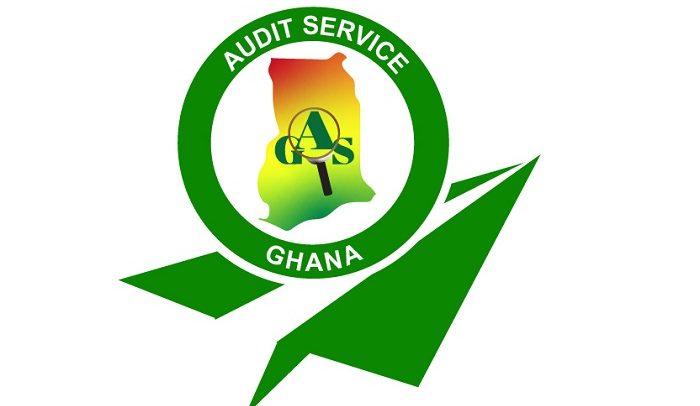The Internal Audit Agency (IAA) says about 477 public institutions have breached laws that demanded the submission of a third-quarter internal audit report.
Sections 16 (3) of the IAA Act 2003 and 83 (7) of the Public Financial Management Act, 2016 (Act 921) required covered entities to periodically submit various reports to the agency, which included the quarterly audit report.
This is to give assurance to the agency that good financial control systems were being adhered to in such institutions.
The IAA, in a newspaper advert on Tuesday, however, enlisted defaulting public institutions as of October 31, 2021, to consist of 21 government ministries, 32 State-Owned Enterprises (SOE), 86 tertiary institutions, including public universities and 13 Regional Coordinating Councils (RCC).
Also, included were 118 departments and agencies and 207 Metropolitan, Municipal and District Assemblies (MMDA).
The defaulting entities were advised to submit the outstanding report without delay while Principal Account Holders and Principal Spending Officers were reminded of sanctions for breach of the Public Financial Management Act 2016 Speaking at an orientation programme for governing boards/Councils and Chief Executive Officers on Tuesday, the Director-General of the Internal Audit Agency, Dr Eric Oduro Osae said the publication was a “naming and shaming procedure.”
“And the next step will be to advise the finance minister not to release their fourth-quarter releases to them,” he said.
He admitted that some entities have submitted their reports after the publication, which was beyond the deadline.
He, therefore, advised heads of institutions to respect the report submitting deadline, which is the end of the month after the quarter.
“We invite most of the ministers to take action, especially the minister of the local government and the head of the office of the Local government service to take action on the RCC and the MMDAs that fail to submit the report,” he said.
Section (3) of IAA Act 2003 dictates that: “An internal audit unit established under subsection (1) shall in accordance with this Act and standards and procedures provided by the Agency, carry out an internal audit of its MDA or MMDA and shall submit reports on the internal audit it carries out to the Director-General of the Agency.”
A delay in submission, he observed, was not a sign of a good financial control system as most culpable institutions tend to be captured in the Auditor-General Report for next year.
The PFM Act 2016, section 83 (7) also states: “The Internal Auditor of a covered entity shall submit quarterly reports on the execution of the annual audit work plan to the Principal Spending Officer of the covered entity concerned, the Audit Committee, the Auditor-General and the Director-General of the Internal Audit Agency.”
Dr Osae, therefore, advised the board of public institutions to take interest in the financial control system of their organisations to avert any discrepancies that may affect their integrity while they are at the helm of affairs.
The Chairman of the Public Service Commission, Dr Janet Ampadu Fofie also advised board members to focus on implementing the strategic plans of their institutions while allowing Chief Executives to focus on the day-to-day running of the affairs of the organisations.
GNA


